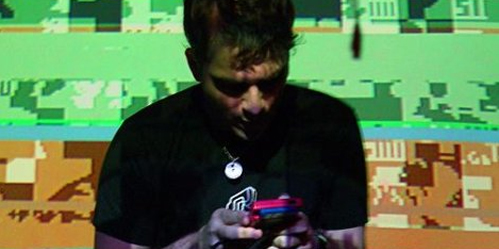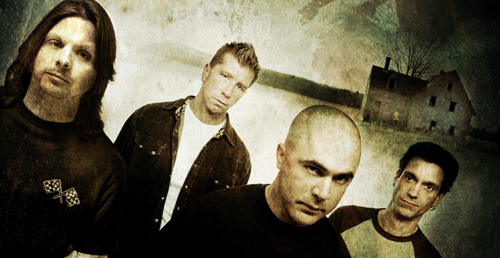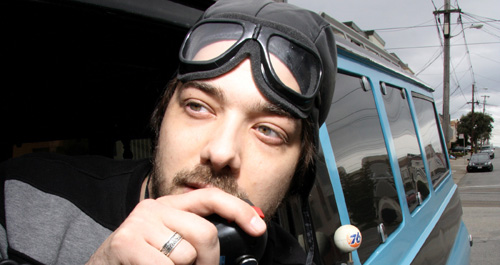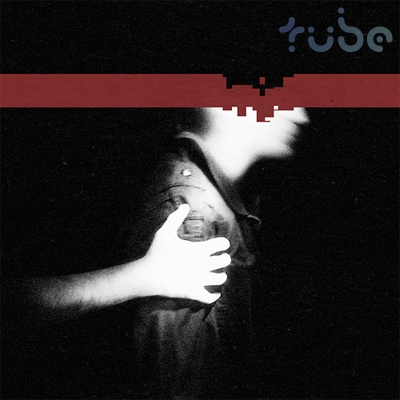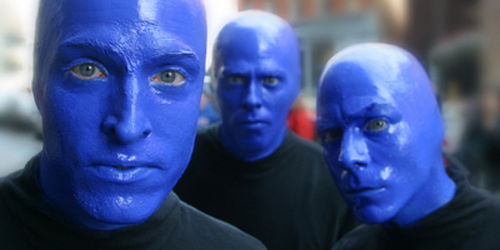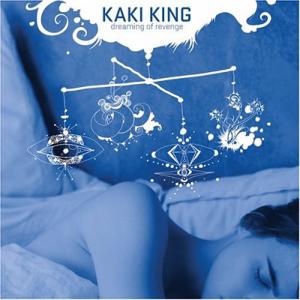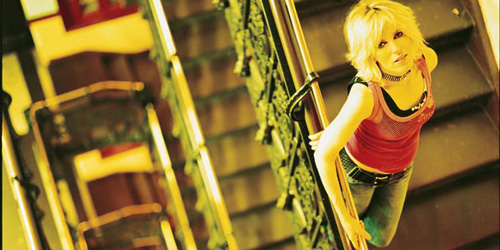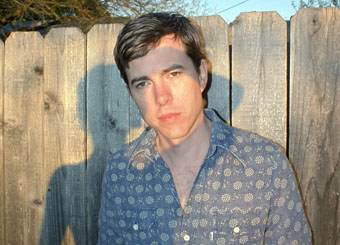Jeremiah Johnson makes lo-fi techno using video game hardware, and you’d be astonished at how competent it is.
The assumption that Johnson is mixing together sets of different video game soundtracks is a pretty common mistake. The guts of this process are actually considerably more interesting, though: Specific timbres and pitch sequences are programmed using special cartridges—some homebrew software burns on blank cartridges made with expensive proprietary writers, others imported from Europe thanks to an industrious German—and are then sent through an amplifier several hundred times larger than the carts they start on. But it’s not quite that simple—first, the signals have to pass through Johnson himself.
More
